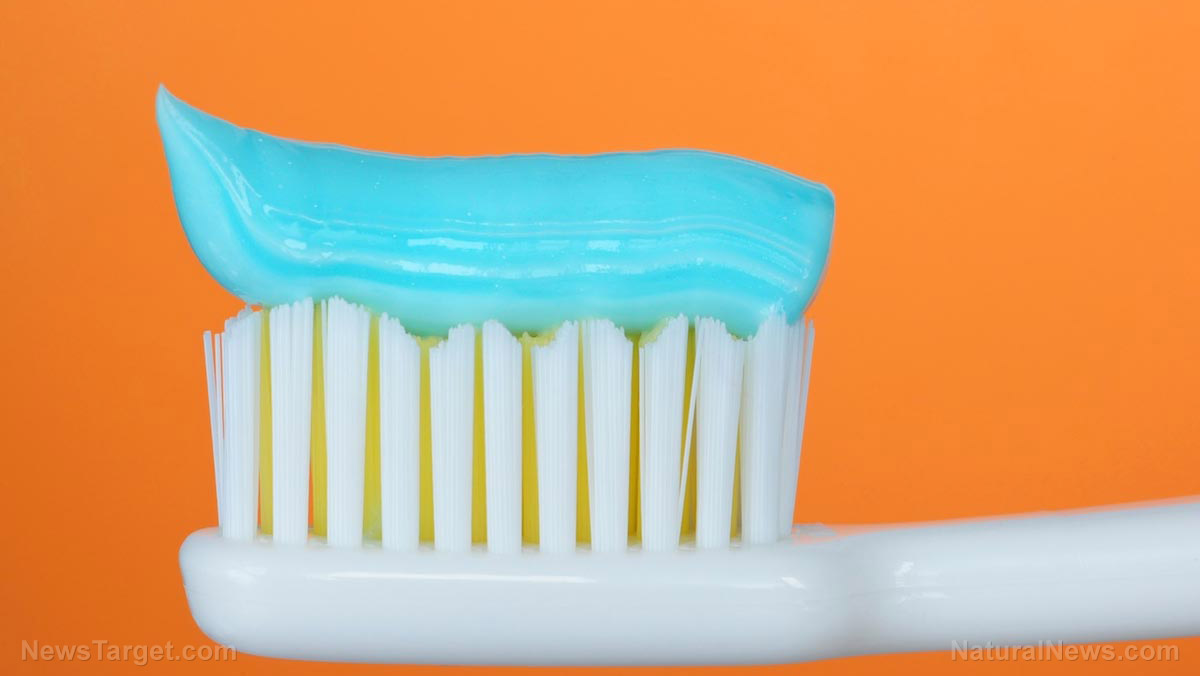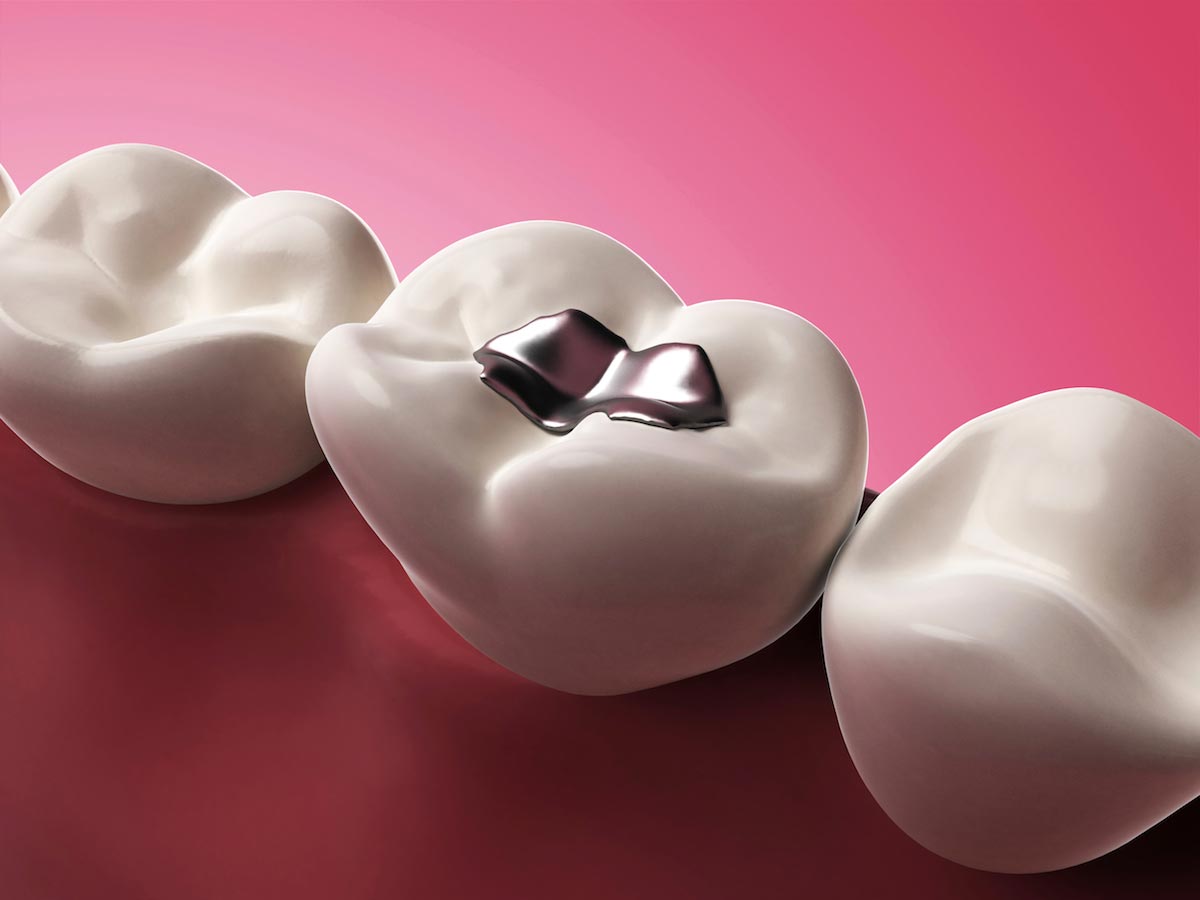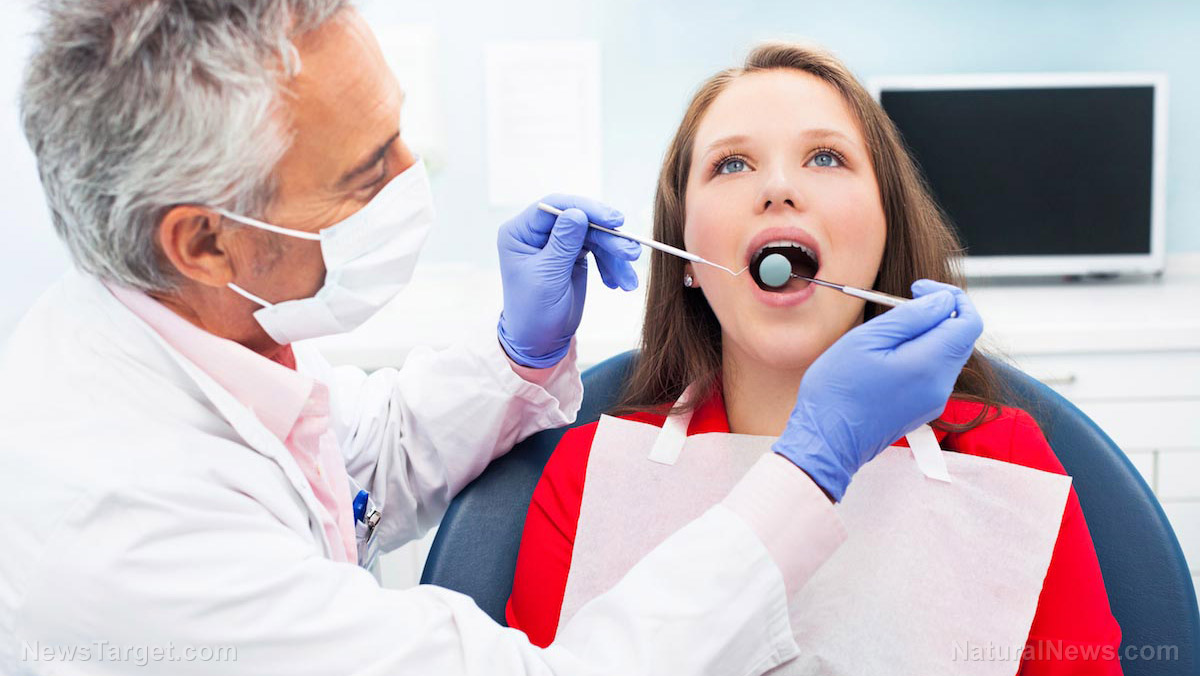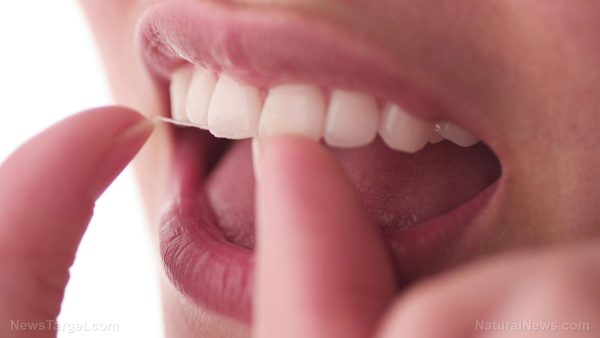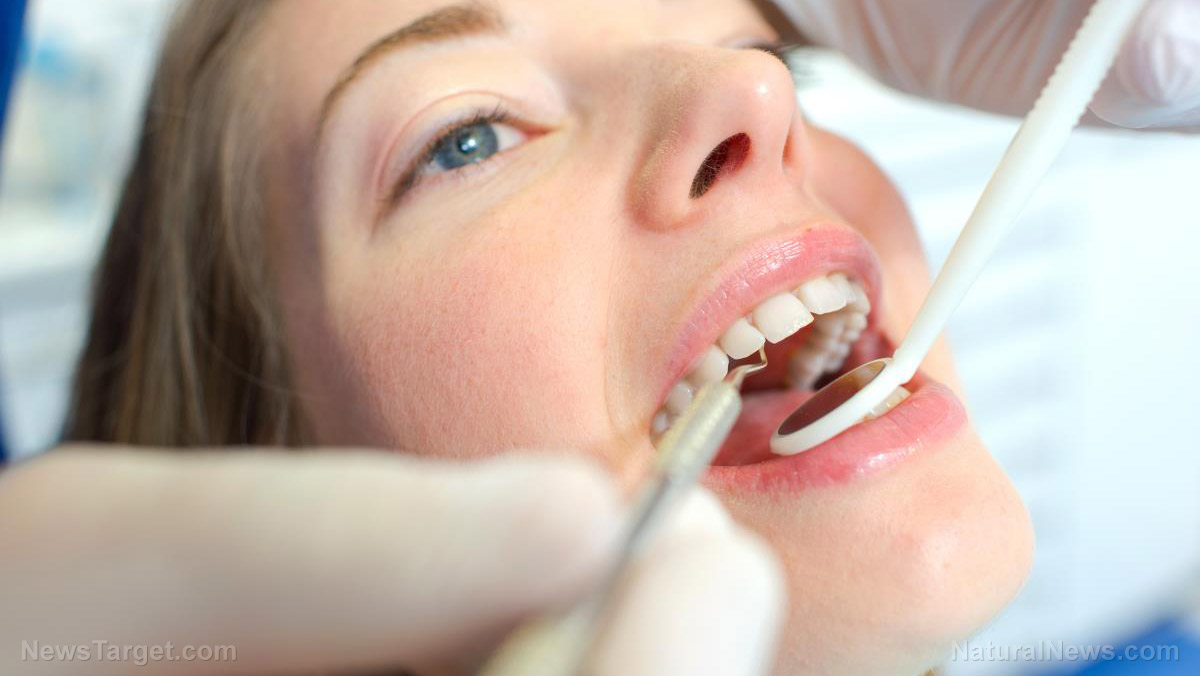Open wide: It’s time to see dentistry as an essential part of holistic health care
06/28/2016 / By holisticdentistry

As practitioners with combined clinical experience of more than 70 years, we have learned that folk wisdom often stands the test of time. Benjamin Franklin, the scientist-philosopher-politician whose face adorns the US$100 bill, coined the expression, “an ounce of prevention is worth a pound of cure”.
(Article Mikako Hayashi & Nairn Wilson)
Governments facing steeply rising health care bills should remember Franklin’s advice. Recent clinical studies of elderly people indicate that those who have kept their teeth, or even have well-fitting dentures, are more likely to be active longer, whereas the edentulous lose their appetite for life. The importance of dental confidence – the ability to eat, speak and interact with others without pain, discomfort or fear of embarrassment – in old age is vital for a healthy life.
Admiral David Satcher, US surgeon general under president Bill Clinton, wisely noted that: “The mouth is a mirror of the body, it is a sentinel of disease, and it is critical to overall health and well-being.”
Poor oral health is often a leading indicator of bigger problems. Professor Deborah Greenspan of University of California, San Francisco, discovered lesions in the mouth were an early indicator of HIV/Aids. Osaka University Professor Kazuhiko Nakano and his team have shown that gingival bacteria may cause critical cardiovascular conditions leading to strokes or heart attacks.
There is a wealth of evidence of links between oral health and diabetes and obesity, further proof that oral and general health influence each other. Dental disease is the most prevalent disease in the world, more pervasive than cancer or heart attacks or even backache, costing the global economy more than US$440 billion a year.
Yet dentistry remains the Cinderella of the medical profession. It is high time to regard dentistry as an essential part of holistic health care to extend longevity and enhance quality of life.
Libraries of reports from the World Bank, the Gates Foundation, the OECD and aid agencies talk of “health care” without acknowledging dentistry. On the World Bank’s site, we found 3,531 publications under “health and disease”; but when we put “dentistry” in the search line, we got zero results.
Modern dentistry has made great strides in taking pain out of treatment. If a person follows a careful dental regime, cleaning the teeth and mouth at least twice a day, eating healthily, limiting consumption of sugars and erosive sodas, visiting the dentist regularly, she or he should be able to preserve their natural teeth largely without fillings for most of their life. Good preventive care allows money to be saved for curative interventions where really needed.
There are snags, however. Governments and other funders of oral health care wrestle endlessly with how to pay for a truly preventive approach to such care. It’s easier to authorise payment for interventions than to remunerate dental teams for keeping teeth and gums healthy.
Many older dentists have been trained to drill and fill – and bill – and some love showing their skill in excavating teeth. Research shows that drilling weakens the natural tooth structure and hastens the road to tooth loss, the dental “death spiral”.
Governments and medical authorities should positively encourage doctors, dentists and health care professionals to cooperate in daily clinical practice as well as research, especially given their common interest in conditions like diabetes and obesity.
Surely it is time, especially for the World Bank, whose president is a medical doctor and son of a dentist, to take a holistic approach and promote universal health care, embracing oral care as integral and central. The bank could promote a pilot scheme, say, in a small African or Asian country, or in an Indian state, or a Chinese regional city, to offer basic health care from the cradle at least to the end of high school. It would boost general well-being and the economy, and prove more valuable than piecemeal work on individual issues.
What is clear is that if Cinderella does not get to the ball, there will be no fairytale ending for any of us anywhere.
Nairn Wilson is professor of dentistry at King’s College London and 2015-16 president of the British Dental Association. Mikako Hayashi is professor and head of the department of restorative dentistry at Osaka University
Tagged Under: Holistic Dentistry, Holistic Health Care

